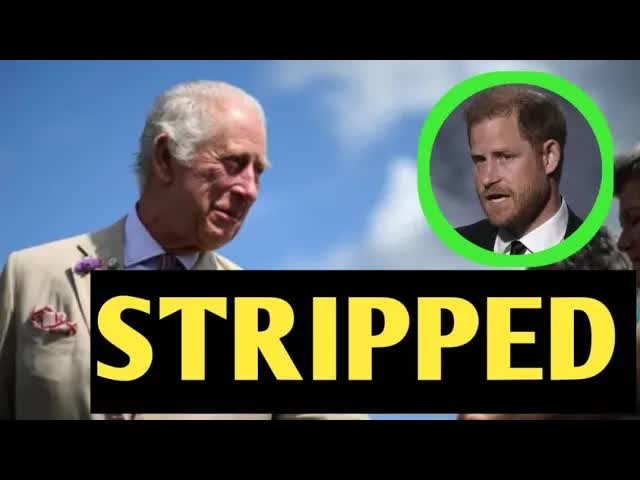Earlier this year, King Charles III’s revelation of a cancer diagnosis sent shockwaves through the royal family and the public alike.
The news was not just a personal concern; it became a topic of discussion that rippled across the nation, leaving many anxious for the King’s well-being.
In a private conversation, he shared the details of his health with his sons, Prince Harry and Prince William, igniting a flurry of emotions within the family.
Upon learning about their father’s condition, Prince William immediately reached out to King Charles.
His call was filled with reassurance and concern, reflecting the deep bond between father and son.
Meanwhile, Prince Harry, residing in California, felt compelled to act swiftly.
He made the decision to fly back to London, driven by an urgent need to confirm the severity of his father’s illness firsthand.
It seemed essential for him to grasp the reality behind the phone call—was his father downplaying the situation to spare him worry?
As Prince Harry prepared for his journey, a sense of urgency enveloped him.
He wanted to ensure that King Charles was receiving the best possible care.
However, the visit did not unfold as he had envisioned.
The atmosphere was fraught with tension, and the meeting lasted less than half an hour, a stark contrast to the emotional weight of the occasion.
Queen Camilla opted to stay away, likely to sidestep any potential family conflict given the ongoing scandals surrounding the royal family.
This absence further complicated the dynamics of the visit.
According to sources, King Charles felt frustrated as he had to pause his recovery preparations at Sandringham to accommodate this brief encounter.
Instead of a heartfelt reunion, he found himself waiting at Clarence House, which only added to the strain on their relationship.
After the short and strained meeting, King Charles and Queen Camilla retreated to Scotland to allow him time to recuperate from his cancer treatment.
